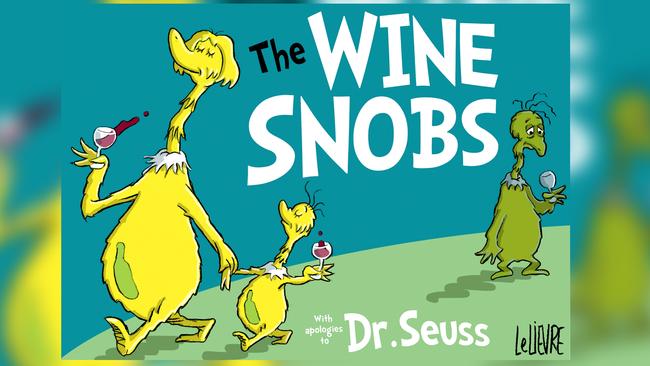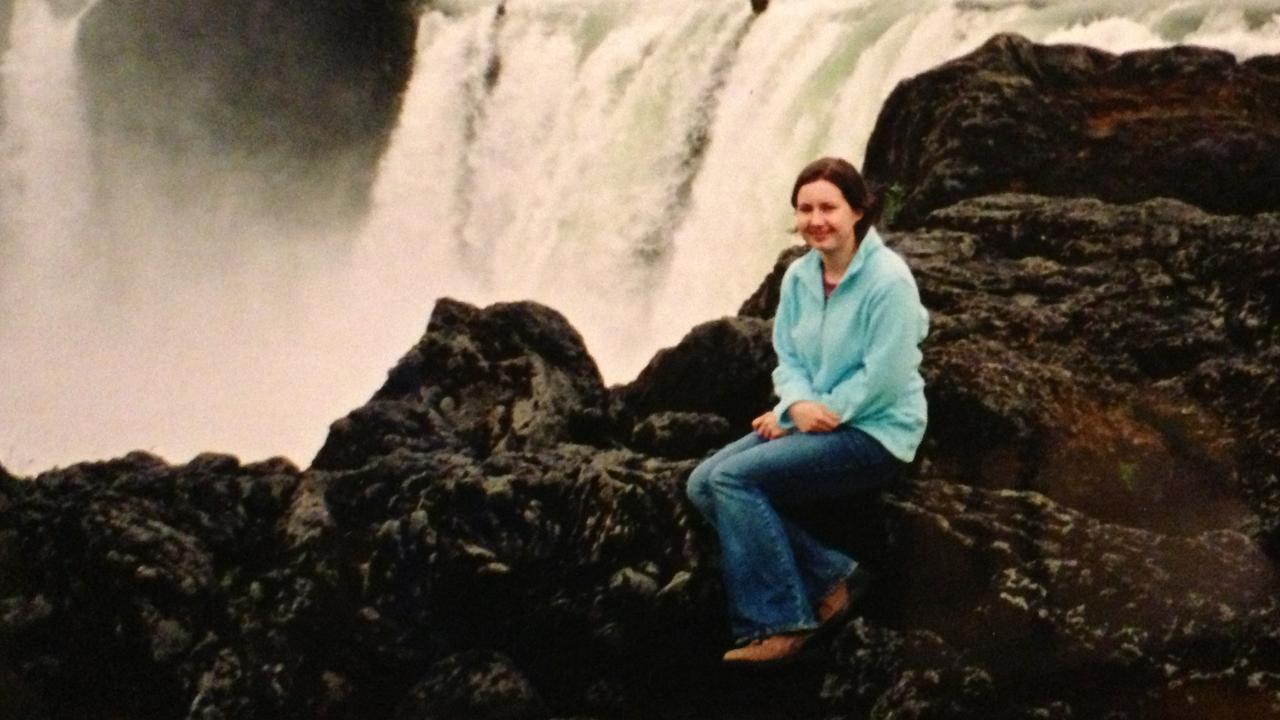Natural wine? No, thanks. Pete Evans has a lot to answer for

Naturally, I leave the shop with sparkling wine from the oldest winery in Australia and he leaves with an ancient form of sparkling wine (petillant naturel in French) that is lauded by the “natural wine” makers for its grit, spritz and inevitable surprise. It goes by the label Blind Unicorn.
Anyone who has visited a wine shop in the past few years will realise that wine now belongs to two camps.
There is the wine that drinkers across the centuries would recognise as the nectar of gods and then there’s wine that goes by the name natural, although no one agrees what that means except that it always costs $30-plus a bottle.
Already you’re getting the gist that I’m not a fan and pretty soon we’ll be in the middle of a generational bar fight but, before we charge glasses at 1.5m paces, let’s explore the greatest disruption of our beverage markets since Pete Evans became a child nutrition expert.

First, traditionalists dislike the term natural, partly because it implies that other wine is unnatural but mostly because no one, not least the new-gen winemakers, can agree on what natural means. A natural wine might come from organic vineyards, biodynamic vineyards or a permaculture plot; it might not have sulfites but it could have added yeast; usually it’s not filtered but it could be and even Wikipedia says it’s more a movement than a definition. Young people know it when they see it.
More interesting than the process, however, is the philosophy. Natural-wine makers have decided that they are the product. It doesn’t really matter which region the grapes are from, what variety of grapes they’re using or what tradition they are drawing from, or not — provenance belongs to the winemaker.
The wine is meant to be a surprise. It may come from ancient practices but it won’t taste like anything you’ve ever drunk; a wine expert will have trouble predicting what it will taste like, if only because there was no recipe and sometimes no reason. Reviewers use expressions such as “smashable”, “gluggable”, “spritzy deliciousness” and, my favourite, “it tastes like a microbiological swamp”.
For customers of the wine shop, it throws everything out the door. Traditionalists have to let go of everything they’ve learned about wine. Let go of the expectation that a wine should be what you expect it to be. Let go of an appreciation of centuries of culture and skills. Forgo loyalty to labels or houses or styles and, most important, don’t expect your palate to recognise what’s in the bottle. Sigh.
For fans of natural wines, though, it’s an exciting time because of all of the above.
When they scan the natural wines shelves, they don’t have to know anything about wine and they don’t have to feel embarrassed when they front the wine expert with questions about styles, regions or, gulp, terroir. They can choose anything from the natural shelf because the movement is the pass code. The wine might be funky or gluggable or milky or swampish and it doesn’t matter because, when they turn up at the party, it will be obvious they’ve chosen the right way. And paid for it.
Macken.deirdre@gmail.com



My son and I are stocking up on sparkling wine in a bottle shop. When he asks for a good bottle of pet-nat (explanation later), the grizzled shop assistant points to a bottle and says, “That’s probably the best, but you’d better drink it fast because you can’t know what it will taste like after a half-hour and if you leave it for a few hours it will be unrecognisable … as wine”.